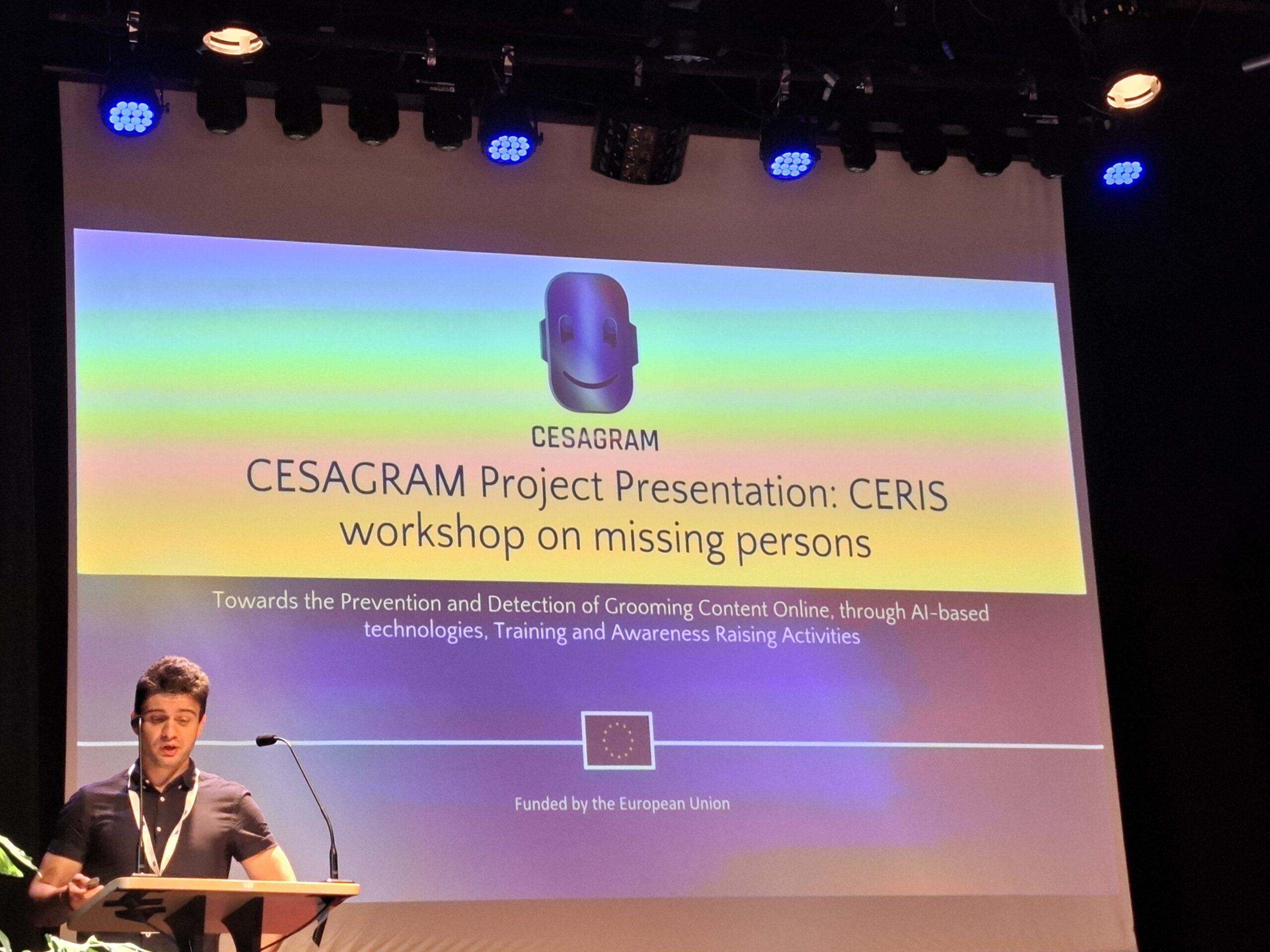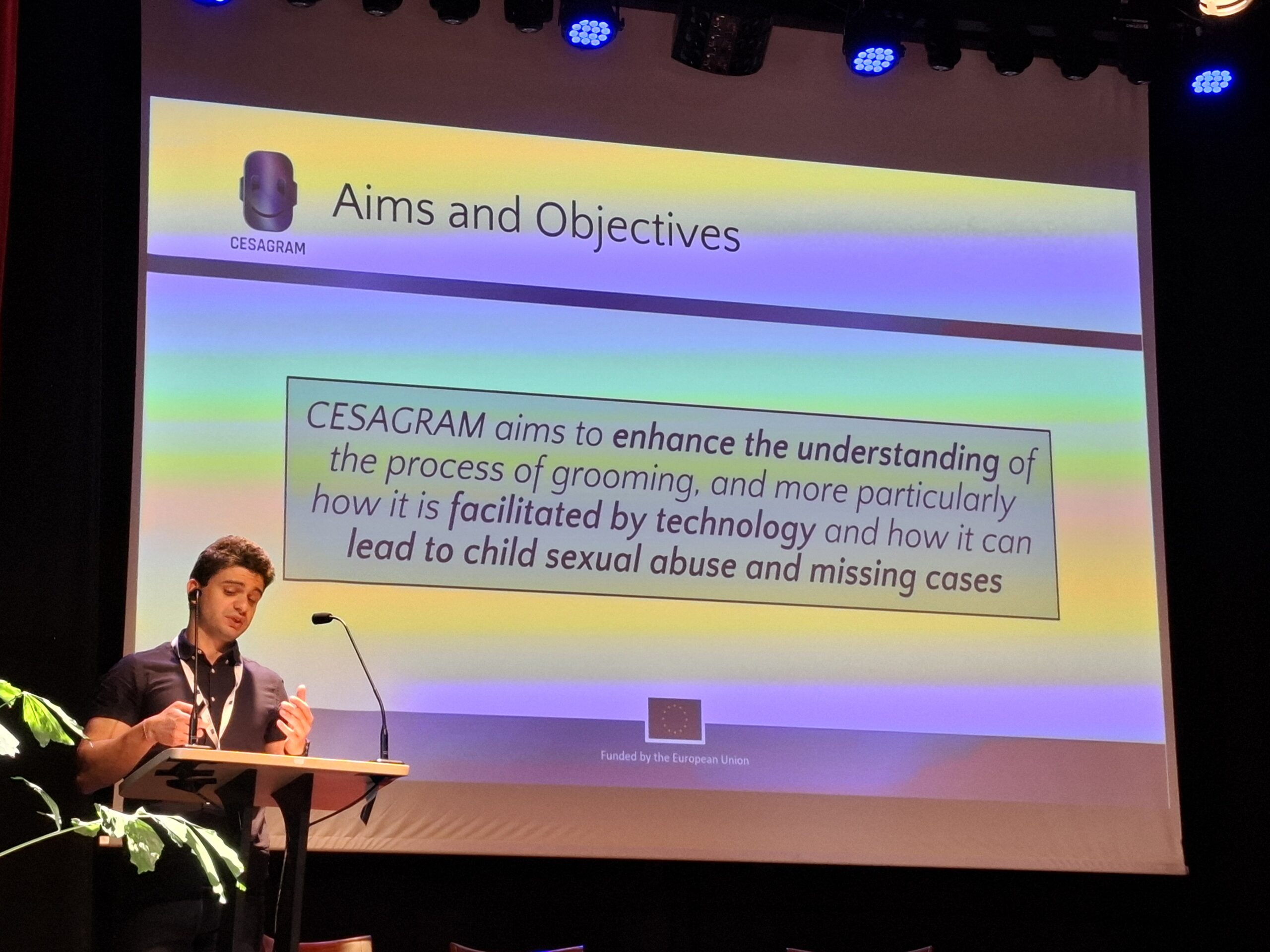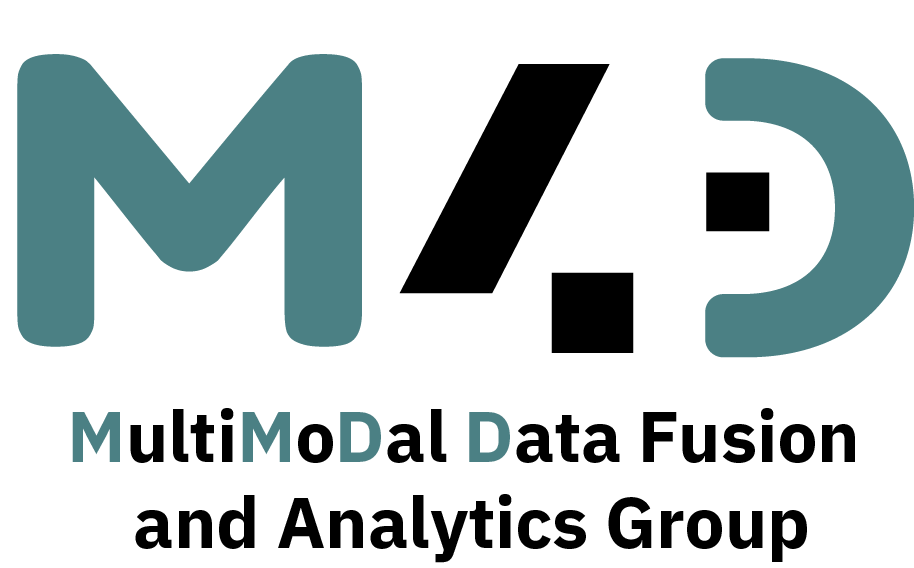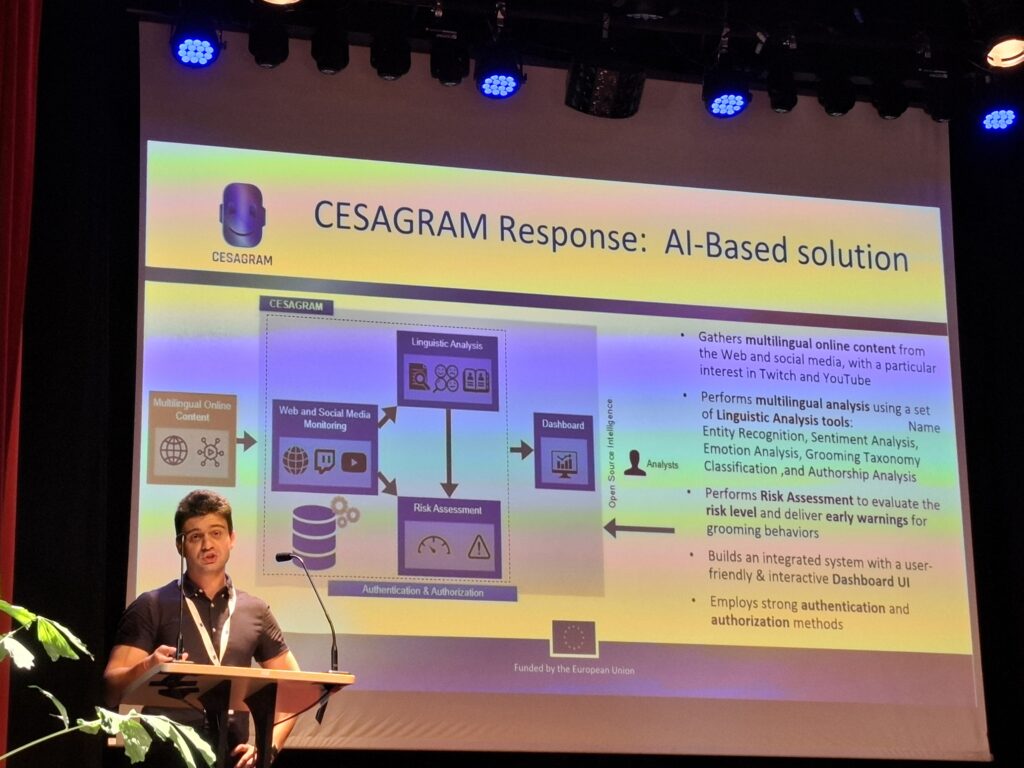
On the 19th of March 2025, the Community for European Research and Innovation for Security (CERIS) organised a thematic workshop on the issue of Missing Persons. The event was hosted by DG HOME in Brussels and brought together a wide range of participants across different disciplines ranging from social sciences and humanities to information technologies, including representatives of non-governmental organisations (NGOs), research/academia, industry, law enforcement, as well as members of the public, to thoroughly address the prevention of and the challenges stemming from people going missing, exploring in parallel innovative solutions and relevant responses.
The workshop started with a welcome speech by the Director, Innovation & Audit Directorate, DG HOME, and an invited speech by the President of the Police Network of Missing Persons (PEN-MP) who provided an overview of the pressing and multifaceted issue of missing persons cases. She underlined in particular the need for cross-border collaboration, highlighting in parallel the aims and objectives of PEN-MP, the European police network where police experts from over 34 EU and non-EU countries come together, sharing their expertise on investigations on missing persons cases.
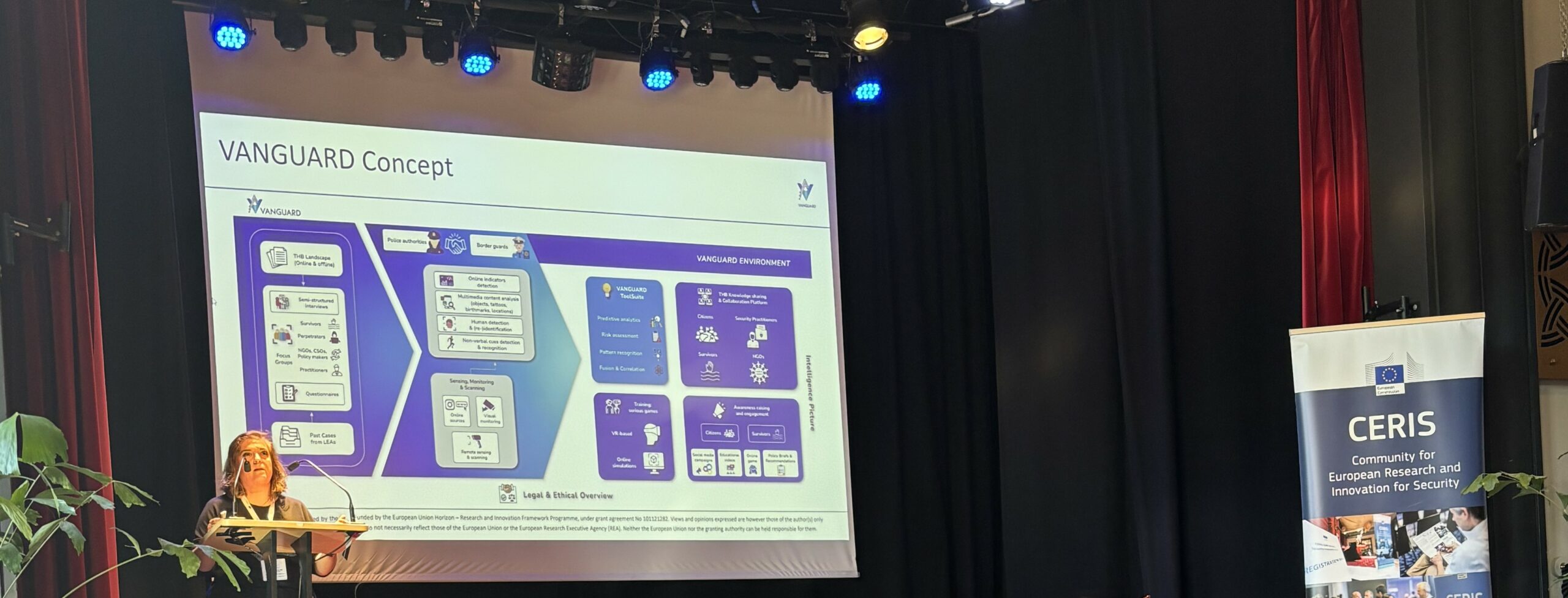
These introductory speeches were followed by the first panel of the workshop on “Missing persons: exploring the phenomenon, including trends and challenges”, where experts from DG Home, law enforcement agencies, NGOs and public authorities shared their views on the nature and scale of the phenomenon, the potential links to other relevant criminal activities (human trafficking, smuggling, domestic violence, child sexual exploitation, etc.), as well as existing processes and methodologies in missing persons investigations. The second panel of the workshop on “Technology and methodologies in the search for missing persons and the role of research and innovation” provided an overview of the current methodologies, AI-powered tools and technologies, along with their innovative role in modern missing persons investigations, highlighting also the legal and ethical challenges associated with such tools, along with the necessary safeguards to prevent any type of discrimination. Finally, the third panel on “The role of NGOs and the public in the search for missing persons” highlighted the critical role of NGOs in addressing missing persons cases, identifying in parallel the risk indicators as well as the barriers that have to be addressed for a well-rounded prevention. In between these panels, demonstrations of cutting-edge technologies developed in four different EU-funded projects (HORIZON Europe projects VANGUARD and HEROES, ISF project CESAGRAM, and Amber Alert’s International Cold Cases Analysis project) took place, showcasing AI-driven tools and methodologies that can be utilised to support missing persons investigations.
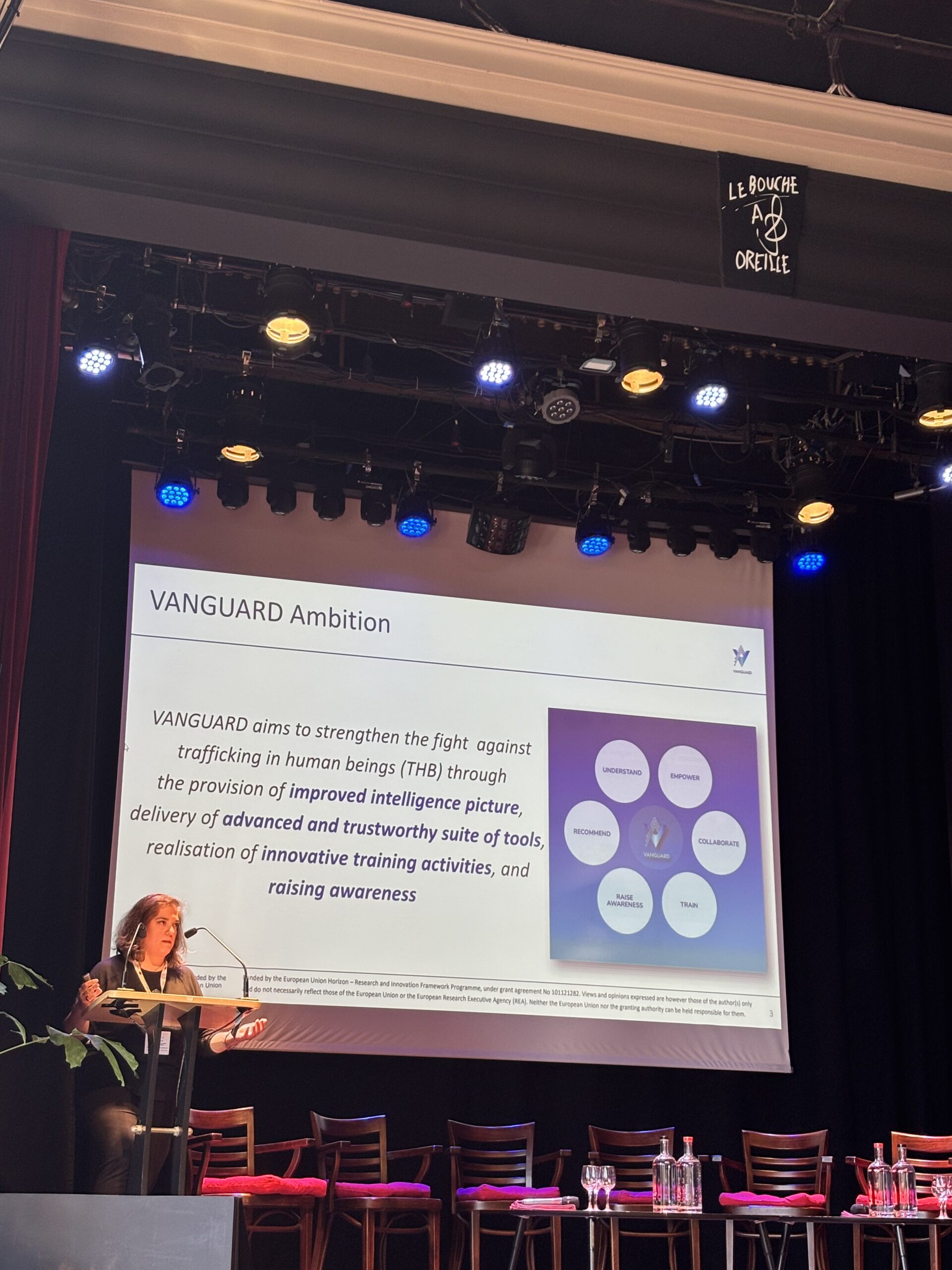
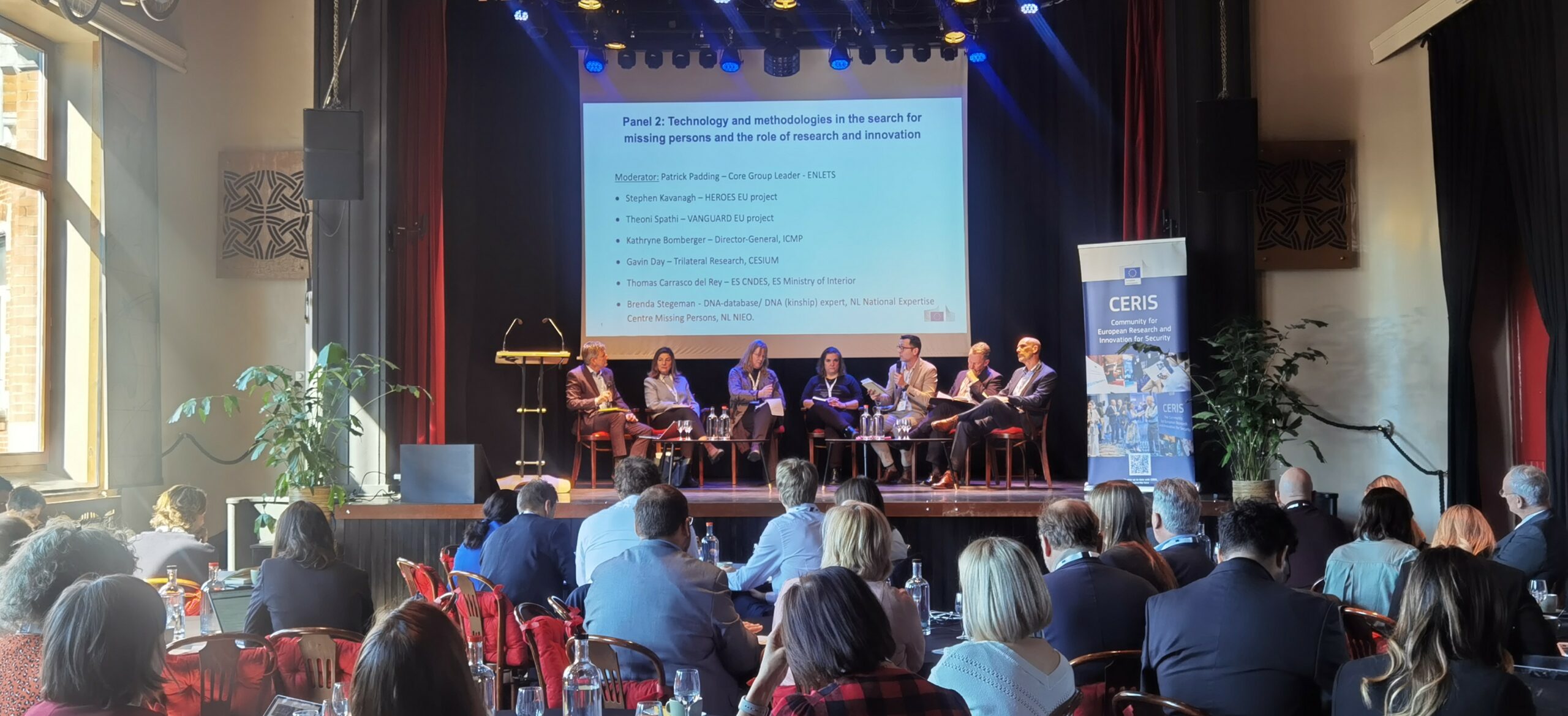
The main key-takeaways of this CERIS workshop have been the need to support knowledge sharing, best practice exchanges, and a collaboration platform among stakeholders on this field, to explore technological advancements in addressing missing persons cases, as well as to further invest in social research and common databases to enhance prevention, search, and investigation efforts, not only across Europe, but also worldwide.
The M4D group of the MKLab at CERTH/ITI successfully participated in this event, actively contributing to the second panel of the workshop on the technological advancements in missing persons’ investigations, providing insights on the legal and ethical implications on the development of relevant AI tools, as well as on the need to infuse social research findings in technological developments, ensuring in parallel further enhancement of the existing intelligence picture in the field, as well as building a common understanding and awareness on the phenomenon. Moreover, M4D researchers demonstrated the AI-based tools developed in the CESAGRAM project where M4D participated as Work Package leader, as well as the AI-based tools being developed in the VANGUARD project, coordinated by M4D, highlighting their role for supporting investigations, improving decision making, as well as providing actionable intelligence through multimodal data fusion, correlation, pattern recognition, predictive analytics, and risk assessment.
